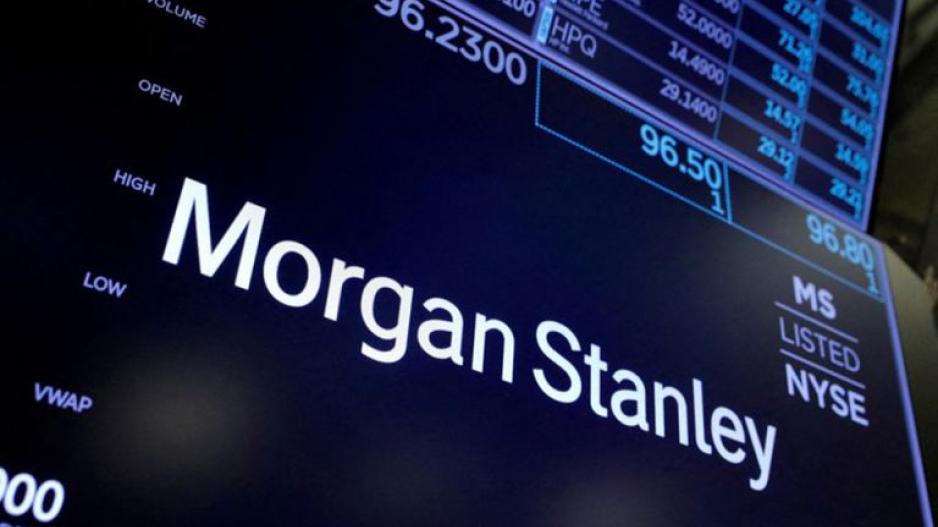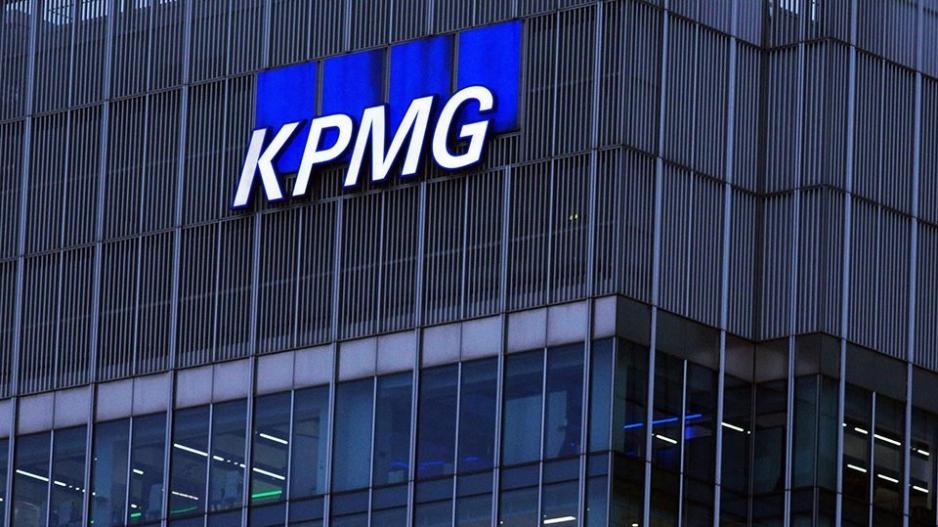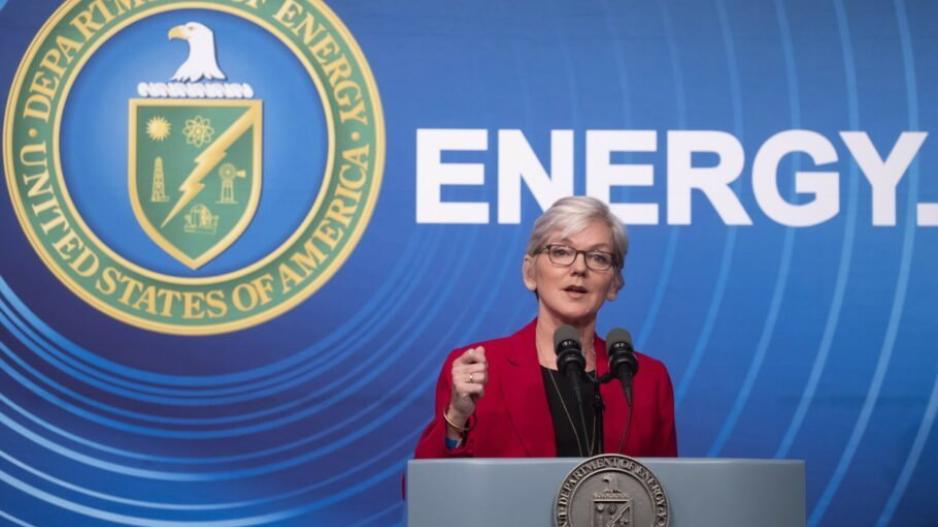IMF Raises Red Flags, KPMG Harnesses the Power of AI, UK Property Prices Plunge
Today's Top Business & Finance Stories Around the Globe
U.S.-based financial giant Morgan Stanley anticipates a pause in the European Central Bank's (ECB) series of interest rate hikes. The bank's outlook stems from the latest economic indicators.
In July, the ECB lifted its rates for an unprecedented ninth consecutive time, resulting in a deposit rate of 3.75%. However, emerging data now shows a deceleration in the rate of inflation for services within the Eurozone. This slowdown, along with other indicators pointing to a weakening economy, leads analysts at Morgan Stanley to propose that the ECB is likely to put the brakes on any additional rate hikes for the immediate future. While rate hikes were initially projected to continue into September, the current data has led to a shift in this view.
In a recent statement, ECB official Villeroy de Galhau indicated that all avenues remain open concerning interest rate changes. Similarly, Christine Lagarde underscored the ECB's commitment to maintaining stringent interest rates to ensure inflation returns to its target level of 2%.

Emerging economies are navigating a complex landscape shaped by geopolitical instability, economic setbacks, and the growing financial toll of climate change. The necessity for robust financial safeguards, diversified trade relations, and substantial yearly investments in climate solutions has never been more critical. These insights were offered by Gita Gopinath, the second-in-command at the International Monetary Fund, during a recent event hosted by the South African Reserve Bank. She emphasized that the pandemic and Russia's military actions in Ukraine have raised red flags about the robustness of global supply chains and the safeguarding of national interests.
The looming financial consequences of climate-induced natural disasters also warrant attention, particularly as the world grapples with soaring debt levels. Various studies advocate for a reduction in this debt by approximately $2 trillion a year until 2030.
Looking at South Africa as an example, the cost of servicing its public debt is anticipated to climb to 27% of its revenue by the end of the fiscal year 2028/29, a significant jump from this year's 19%.
Gopinath also commented on the future of interest rates against a global backdrop, warning that elevated interest rates may become the new norm, calling into question the likelihood of a return to periods of low interest rates.

Global consultancy giant KPMG is harnessing the power of artificial intelligence (AI) to better serve its expansive client base, marking a noteworthy trend in the swift adoption of AI technology. With a workforce of over a quarter-million spread across 143 nations, KPMG is making significant strides in integrating AI into its operations.
KPMG is responding to increasing client demands for advanced technology solutions in areas such as cybersecurity and supply chain optimization. As part of a strategic alliance with Microsoft, the company has committed to a $2 billion, five-year investment in AI innovation. This was confirmed by Carl Carande, who oversees KPMG’s advisory services globally.
The joint venture aims to craft state-of-the-art AI applications not just for KPMG staff but also for its extensive clientele. According to Carande, AI has the potential to guide businesses in inventory management by analyzing market fluctuations and consumer purchasing behavior.
AI also offers an edge in scrutinizing historical datasets, revealing subtle trends and associations that might escape even the most diligent human researchers. This capability is especially advantageous in cybersecurity, where rapid data analysis can be the key to thwarting cyber-attacks.
Carande shared that AI technologies like ChatGPT, developed in collaboration with OpenAI, are already being utilized effectively by KPMG’s American staff for diverse tasks such as coding and document summarization. He went on to dispel concerns about job displacement due to AI, stating that, contrary to some reports, KPMG’s decision to slow down its U.S. hiring by 5% was not linked to its AI initiatives.

Jennifer Granholm, the U.S. Secretary of Energy, recently declared that a sum of $12 billion is earmarked by the Biden administration to aid auto companies and component providers in updating their plants. The financial assistance, which includes both grants and loans, aims to spur the development and production of electric and other cutting-edge vehicles.
Granholm, who once led the state of Michigan—a key player in the auto industry—emphasized that the transition to greener modes of transport should not result in any adverse outcomes for employees or communities. During her discussion with the media, she indicated that the funding aims to facilitate a smooth evolution for both industry and workforce.
This federal initiative could serve to alleviate some of the apprehensions expressed by both the car manufacturing sector and labor unions like the United Auto Workers (UAW). These groups have been wary of the quick-paced regulatory changes aimed at accelerating the adoption of cleaner transportation options. Particularly, the UAW cautioned that abrupt shifts could imperil jobs in crucial industrial states, such as Michigan and Ohio.
In addition to the aforementioned financial package, Granholm unveiled that a $3.5 billion fund will be available to boost domestic production of vehicle batteries.

The United Kingdom experienced a sharp fall in residential property prices this past August, plunging by 5.3% compared to the same month a year ago. This constitutes the most significant annual drop in over a decade. Financial analysts attribute this decline to increased interest rates deterring potential homebuyers, as revealed by a report from Nationwide Bank.
August alone witnessed a monthly price reduction of 0.8%, marking it as the most severe month-to-month decrease since March of the previous year. This followed a more modest monthly decline of 0.3% in July.
"The current drop in housing prices didn't catch us off guard. The escalating costs of loans in recent times have considerably dampened the housing market, making it perform much worse than it did pre-COVID," said Robert Gardner, the lead economist at Nationwide.
Since the close of 2021, the Bank of England has initiated 14 separate interest rate increases, resulting in a current rate of 5.25%. Market experts are forecasting another uptick this month to 5.5%.
The volume of approved home loans has shrunk by approximately 20% when compared to 2019 statistics, and this pattern is not expected to change soon, added Gardner.
Despite the grim numbers, Nationwide Bank remains cautiously optimistic about the property market's future. It foresees a 'soft landing,' expecting that unemployment will not exceed 5%, while acknowledging that wages are rising at a robust pace.







